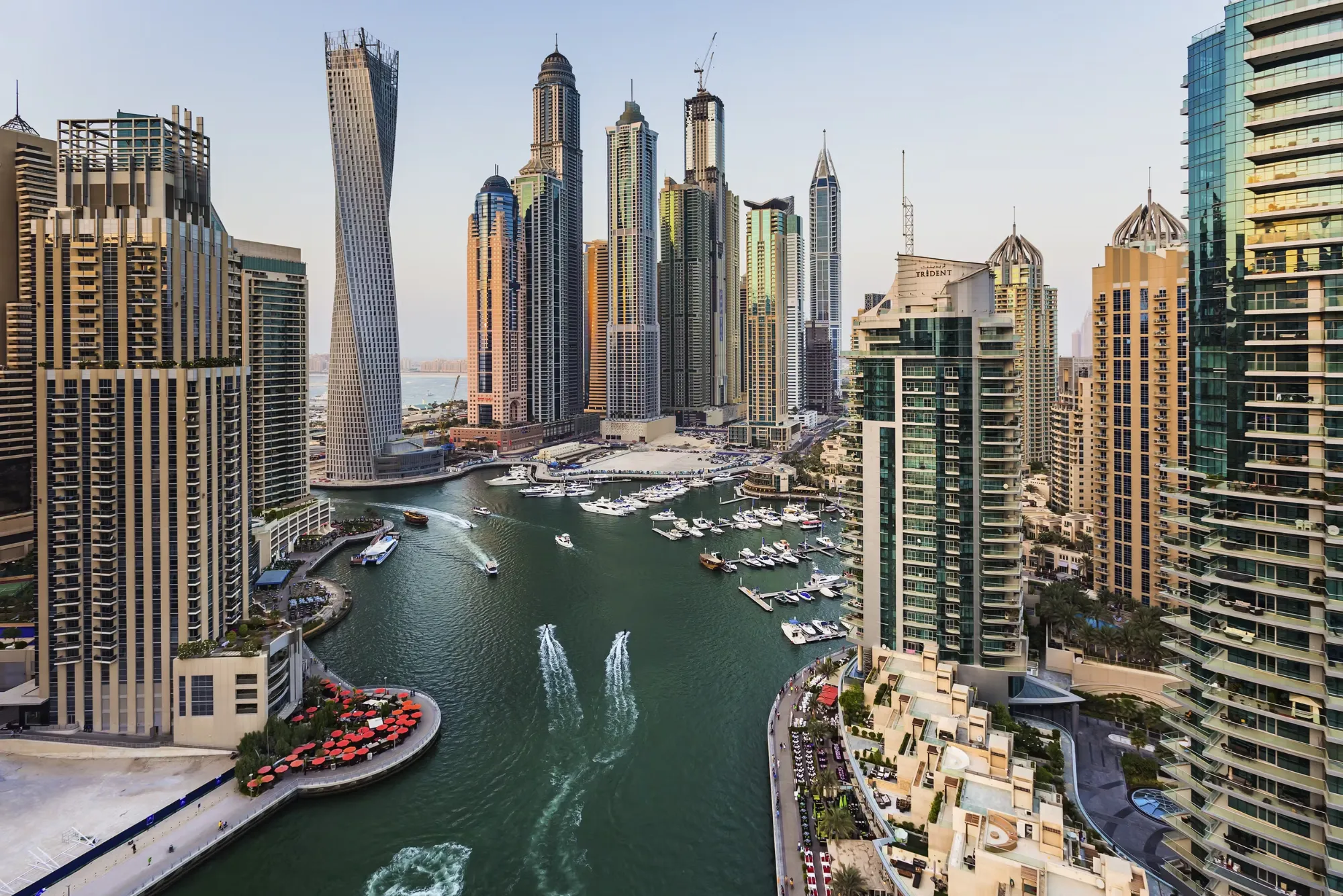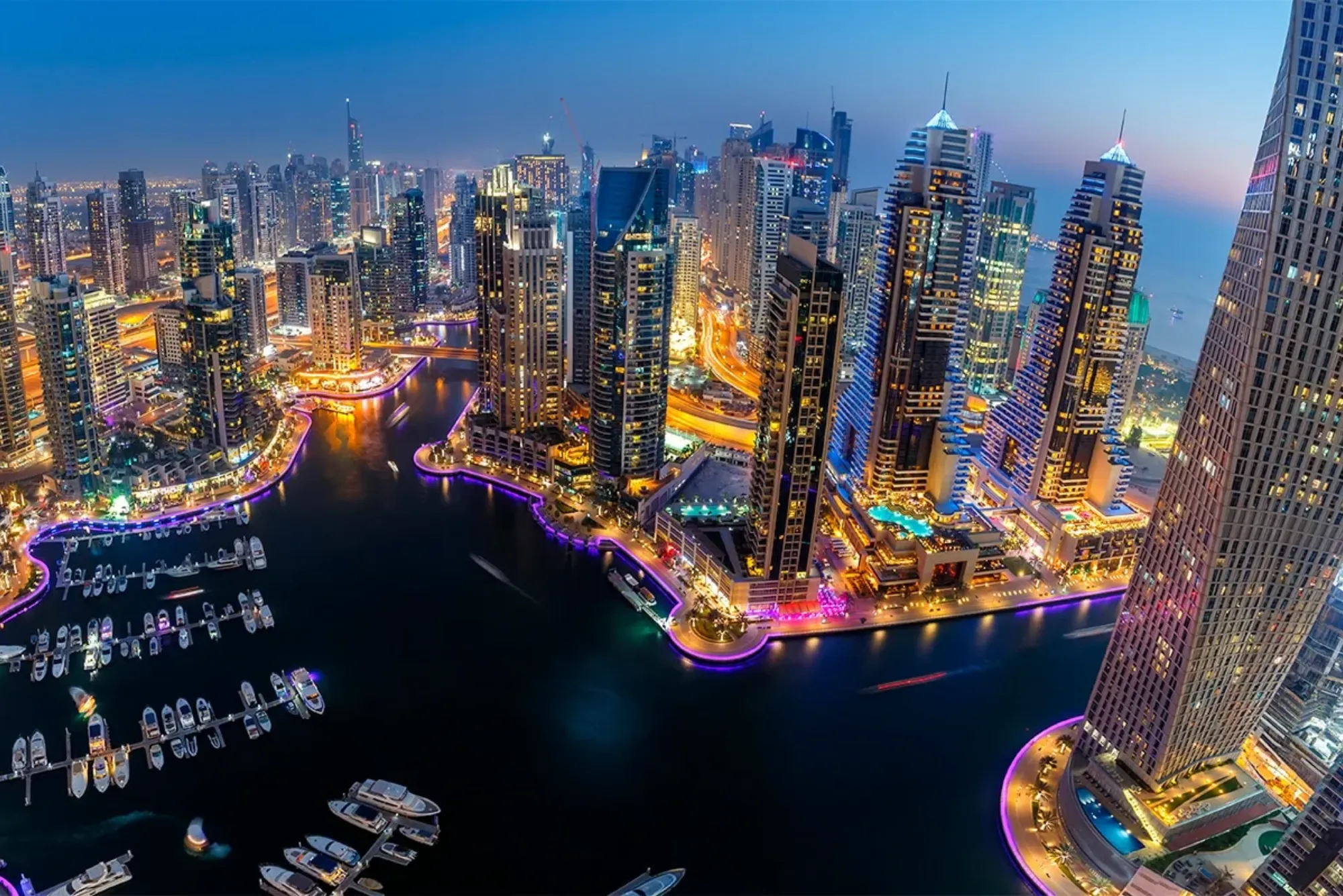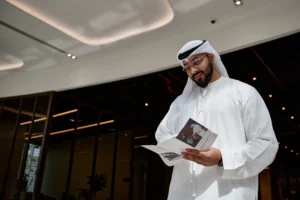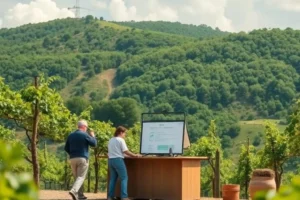Dubai, the dazzling city that rises from the desert sands, is known for its remarkable blend of modernity and tradition. This cosmopolitan metropolis is not only a global business hub but also a city of remarkable achievements and fascinating elements that reflect its ambition and cultural diversity. As we delve into what makes Dubai unique, three intriguing facts stand out, showcasing its extraordinary accomplishments and vibrant essence.
The Burj Khalifa: A Pinnacle of Modern Engineering
Dubai’s skyline is dominated by the Burj Khalifa, a towering achievement that epitomizes the city’s drive for innovation. Standing at an impressive height of 828 meters (2,717 feet), the Burj Khalifa is the tallest building in the world. Completed in 2010, this architectural marvel was designed by Adrian Smith + Gordon Gill Architecture and stands as a testament to Dubai’s commitment to pushing the boundaries of engineering and design.
The Burj Khalifa is not just a tall structure; it represents a series of engineering feats that overcame numerous challenges. Its foundation, for instance, required an intricate system of reinforced concrete piles to support the immense weight of the building. The exterior is clad in reflective glass that allows it to shimmer and change with the shifting light, blending seamlessly with the desert sky. The building also features the highest observation deck in the world, providing unparalleled views of the city and beyond.
But the Burj Khalifa is more than a structural wonder; it plays a significant role in Dubai‘s cultural and social landscape. It houses luxury residences, corporate offices, and the prestigious Armani Hotel, drawing visitors and residents from around the globe. The building is also central to Dubai’s celebratory events, such as the annual New Year’s Eve fireworks display, which attracts spectators from all corners of the world. Through its blend of form and function, the Burj Khalifa embodies Dubai’s ambition and its status as a global icon.
Palm Jumeirah: The Epitome of Luxury and Innovation
Another remarkable achievement in Dubai’s landscape is Palm Jumeirah, an artificial island that extends into the Persian Gulf. Shaped like a palm tree, this man-made marvel is one of the most ambitious engineering projects ever undertaken. Covering approximately 5.6 square kilometers (2.2 square miles), Palm Jumeirah was created using land reclamation techniques, transforming the Gulf’s coastline into a luxurious destination.
Palm Jumeirah is a testament to Dubai’s vision of blending innovation with luxury. The island’s crown, known as the Crescent, is lined with opulent hotels and resorts, including the renowned Atlantis The Palm. This resort is not just a place to stay; it offers a range of world-class amenities, including an underwater aquarium and a sprawling water park, making it a destination in its own right. The fronds of the palm tree are dotted with exclusive villas and apartments, providing residents with stunning views of the Arabian Gulf and the Dubai skyline.
The economic impact of Palm Jumeirah has been profound. It has significantly boosted Dubai’s tourism and real estate sectors, attracting high-profile visitors and investors. However, the project also faced environmental challenges, such as potential impacts on marine life and coastal ecosystems. In response, Dubai has implemented various measures to protect and preserve the surrounding environment, including creating artificial reefs and monitoring programs. Palm Jumeirah stands as a symbol of Dubai’s ability to harmonize luxury with environmental stewardship.
Dubai’s Rich Cultural Tapestry
While Dubai is renowned for its modern achievements, it is equally notable for its rich cultural heritage and diversity. As a global city, Dubai is a melting pot of cultures, with expatriates from all over the world contributing to its vibrant social fabric. This cultural diversity is evident in the city’s culinary scene, festivals, and everyday life, creating a unique atmosphere where various traditions coexist harmoniously.
Despite its rapid modernization, Dubai remains deeply connected to its cultural roots. The Dubai Museum, housed in the historic Al Fahidi Fort, offers visitors a glimpse into the region’s history and heritage. The museum’s exhibits provide insights into traditional Emirati life, showcasing artifacts and displays that highlight the evolution of Dubai from a small fishing village to a bustling metropolis.
Dubai’s commitment to preserving and celebrating its culture is also reflected in its various festivals and events. The Dubai Shopping Festival and the Dubai Food Festival, for example, highlight both local and international cultures, offering residents and visitors a chance to experience a diverse array of traditions and culinary delights. These events not only celebrate Dubai’s cultural heritage but also showcase its role as a global cultural hub.
Moreover, Dubai is home to several innovative cultural projects that bridge the gap between tradition and modernity. The Dubai Opera, a state-of-the-art performing arts venue, hosts a wide range of performances, from classical music to contemporary theater. The Alserkal Avenue arts district, with its galleries and creative spaces, provides a platform for contemporary art and creative industries, reflecting Dubai’s dynamic cultural scene.

Dubai’s allure lies in its ability to harmoniously blend the old with the new, creating a city that is both a beacon of modernity and a custodian of rich traditions. From the towering Burj Khalifa to the luxurious Palm Jumeirah and its vibrant cultural landscape, Dubai stands as a testament to human ingenuity and ambition. These three fascinating facts highlight the city’s unique character and offer a glimpse into what makes Dubai a truly remarkable destination. Whether driven by its architectural marvels, luxurious lifestyle, or cultural diversity, Dubai continues to captivate and inspire people from around the world, solidifying its status as a global icon of progress and innovation.






















